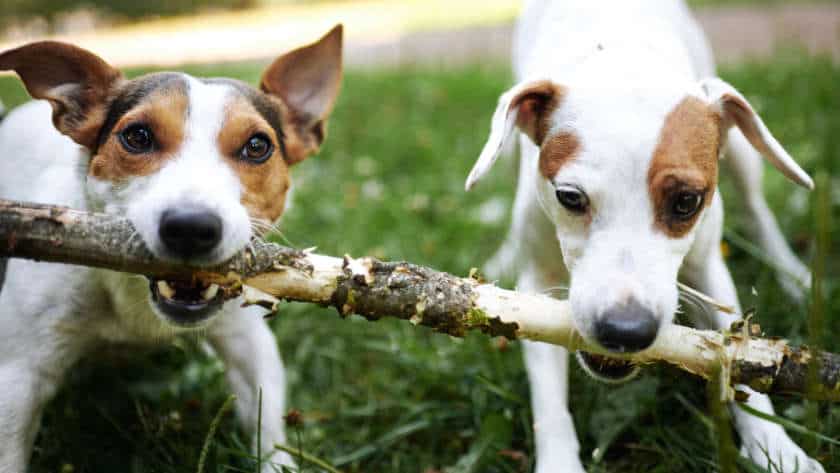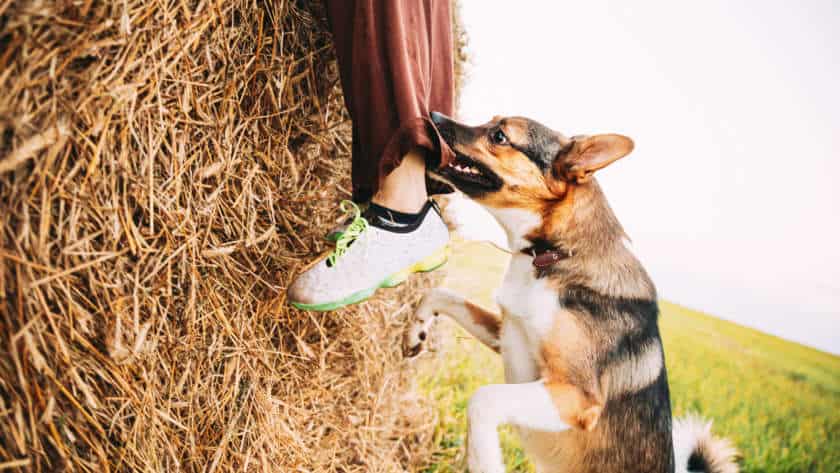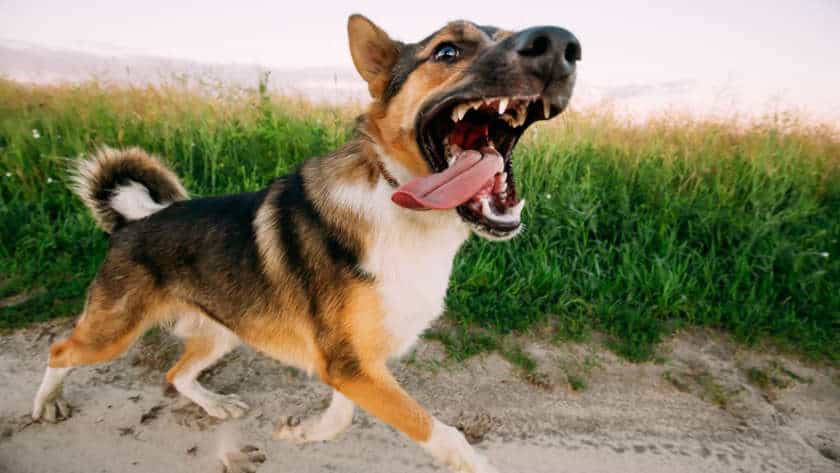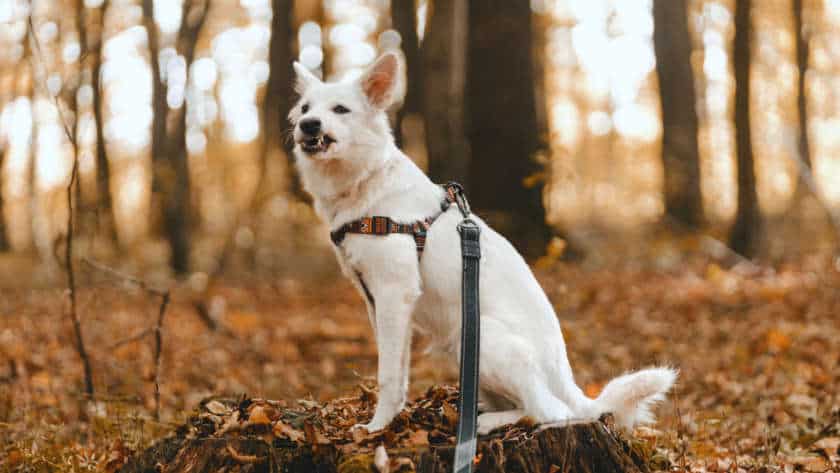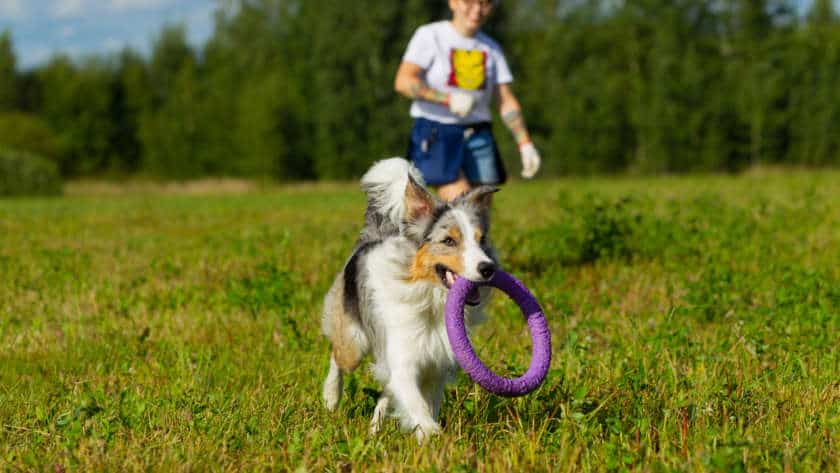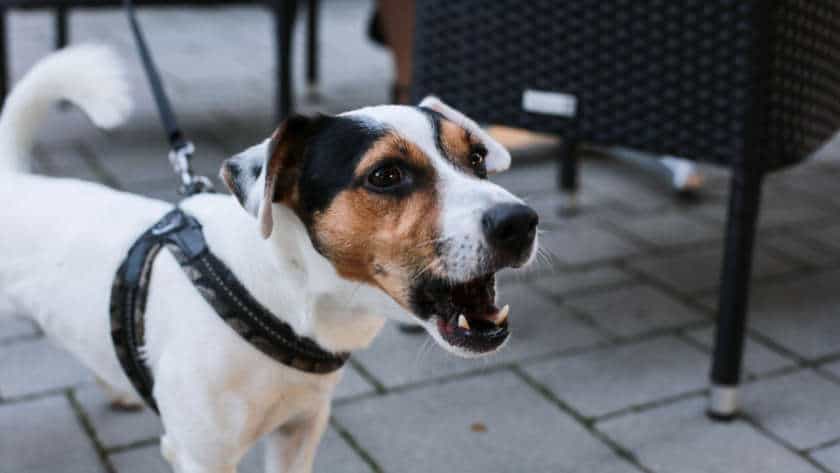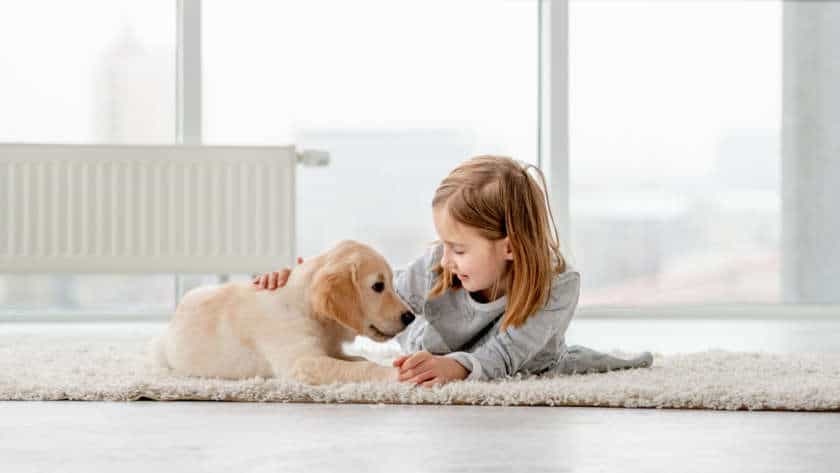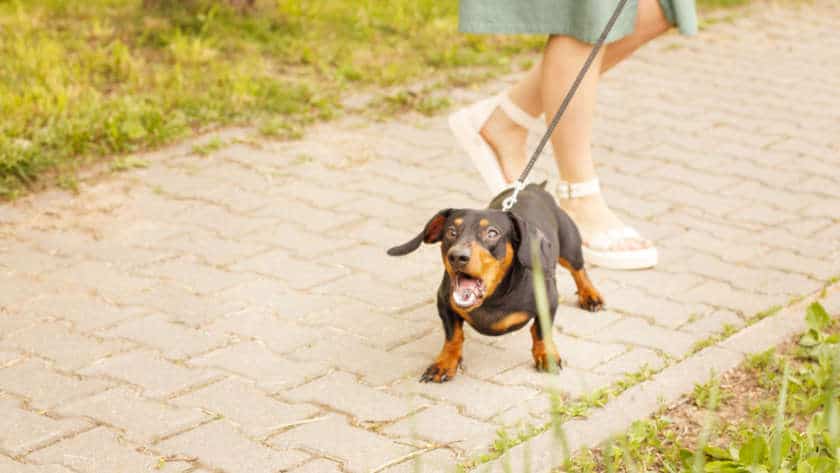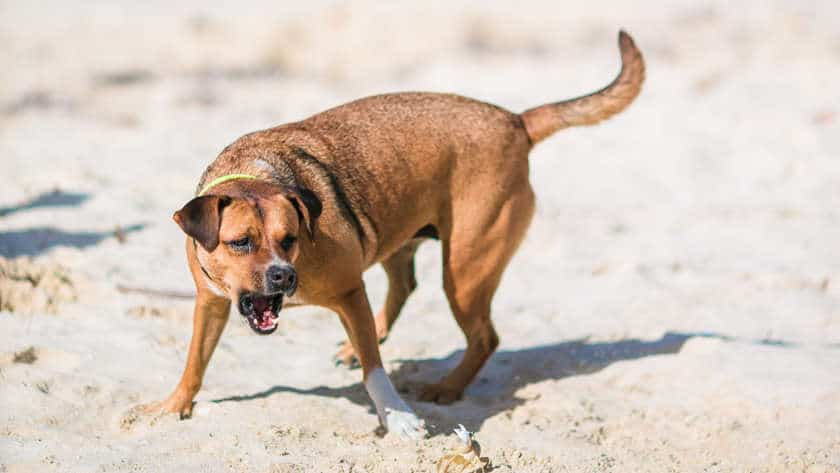Social Aggression: Conflict Within the Pack Social aggression is a form of conflict that happens between animals in packs or groups. It's common in lots of species, like wolves, primates, and dogs and cats.
It can involve physical fights, but also subtler things such as exclusion, intimidation or manipulation. Knowing what causes and results from…
